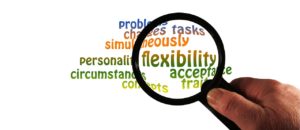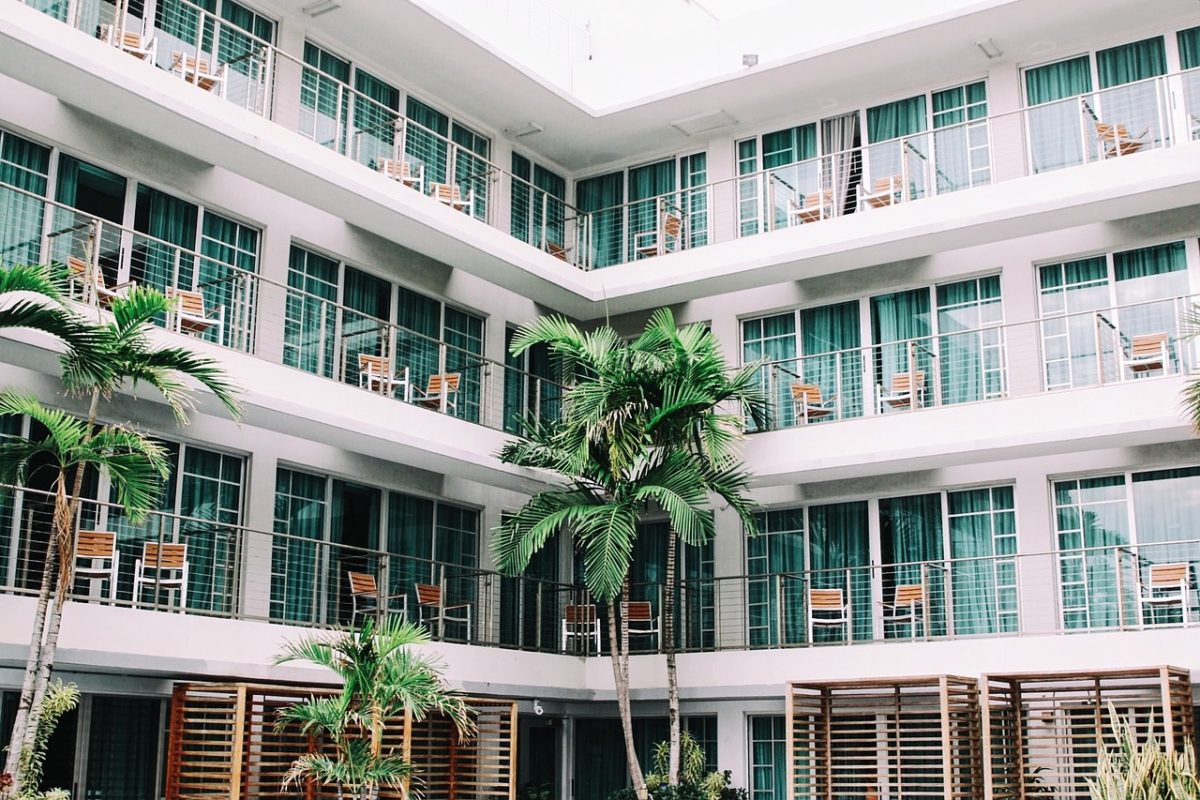Important Factors to Consider When Getting a Property Management System for Your Hotel
If you think of a hotel as a well-oiled machinery, with its million little parts functioning together to deliver a seamless experience, a good property management system (PMS) is the heart that keeps the machine beating perfectly. From simple check-ins and check outs to offering sublime experiences based on guest preferences, a good PMS is integral to the functioning of hotels of all shapes and sizes.
That said, the technological needs of a smaller hotel are very different from that of larger establishments. An intuitive PMS that understands their specific requirements is worth its weight in gold. But it is also a significant investment and to ensure that the money is well spent, hoteliers need to choose a system that works well for their property.
Most hoteliers consider security to be their top priority, and that is a valid concern indeed. Any PMS you select must be PCI compliant. Without it, the system is open to threats and vulnerable to attacks. The banking data of your clients, their credit card details, and other personal information must be protected at all costs.
However, the specifications don’t end with security measures. There are a few other things to consider before you finalize a PMS for your property
- It should be easy to use
The best kind of technology is that which is absolutely easy to use. The longer it takes for you to wrap your head around the system, the more quickly you’ll get fed up of it. Besides, hotels are famous for their high turnover rates, and the software is likely to be used by freshers and experts alike. The system should be such that it requires minimum training for people to get comfortable with it.
- It should be mobile compatible
Gone are the days when technology was restricted to personal computers attached to a desk. This is the 21st century and unless your technological solution can literally walk with you, it’s useless for all intents and purposes.
Any PMS you consider should be able to connect and send information to mobile devices. It should be able to communicate with you no matter where you are and what device you are using, including mobile phones, laptops, tablets, and personal computers. Not only does this promote operational efficiency, your staff will also be able to deliver great guest service on the go.
- It should be easy to integrate
The PMS you select should have APIs that support both inbound and outbound connections. This will ensure that you’re able to integrate it with any other solution you may be using in your hotel, such as customer relationship management and rate management software.

If your PMS doesn’t facilitate deep partnerships with other vendors, you will have a fractured technology solution on your hands. It will impede two-way exchange of information and hinder sharing of guest profile data. The final result will be less than satisfactory guest experience, not to mention a breakdown of relevant systems.
- It should keep track of guest preferences and history
The front desk is one part of the hotel that sees the maximum engagement, and, yet, most of the tasks happening there are fairly mundane and repetitive. If there was a way to automate them, the staff would be free to attend to more important duties.
One way in which a PMS can add significant value to an establishment is by making low end decisions on behalf of the hotel. For instance, it should be able to auto assign rooms based on the guests’ preferences. This it will do by collecting all the relevant information and using it to make appropriate choices on behalf of the guests.
Secondly, a good PMS should be able to pull a guest’s history to discern what he likes and what his preferences were. This way, if a repeat guest has booked a room by the swimming pool in the past, the system will automatically book him the same room or something similar to that.
This form of automation not only eliminates congestion at the front desk, it also results in more intuitive exchanges with guests and the delivery of personalized and informed services.
- It should automate guest communication
Hotels are often required to reach out to their guests to share regular updates. But due to conflicting time zones, it becomes difficult to get in touch with them on phone. That’s why they generally prefer to communicate via emails.
Having to do this manually can get fairly tedious for hotel owners and the staff. And should you forget to send an email out, it could cause serious lag in communication. To keep things running ship shape, a property management system can automate this process, sending out emails related to confirmation of reservations, post-stay thank you’s, and everything else in between.

- It should help you measure success
A great feature to have in your property management system is advanced reporting. It frees you up from having to go through long and complicated spreadsheets and deciphering the data that is relevant to you. Instead, it places all the information you need at your fingertips, accessible in just a few clicks.
Basic systems will give you an overview of the daily running of your property. More advance systems should be able to provide reports around parameters like check ins and checkouts, cancellations, payment methods, average unoccupied rooms, average occupancy, average length of stay, and even revenue per available room.
With so much data at your disposal, you can getter a perspective into the workings of your business and even identify areas that need improvement
As you may have gathered by now, a good property management system can really be heaven sent for a small hotel. Working invisibly behind the scenes, it combines the best parts of workflow management and decision automation. It also displays a fair amount of intelligence, learning from external systems it’s integrated with, and delivering subtle insights that help improve guest relations.
That’s why it’s important you choose a PMS that fits your establishment. Take into account all considerations, evaluate your requirements, and take a final decision once you’re sure the product ticks all the boxes.
Ram Gupta, the author is a hotel management graduate from India and Germany; He is a certified Hotel Administrator from U.S. and MIH from U.K. He has over 40 years of sound experience in the Hospitality, real estate industry in India, Dubai, U.K, Europe and Japan and is well versed with all areas of business including acquisitions, mergers, joint ventures, diversification, strategic planning, development and operations. He has been associated with over two dozen luxury and boutique hotel projects and has launched two hotel chains in India. He is currently an independent hotel consultant and could be contacted at ramgupta@bcgglobal.com. Website: www.bcgglobal.com

